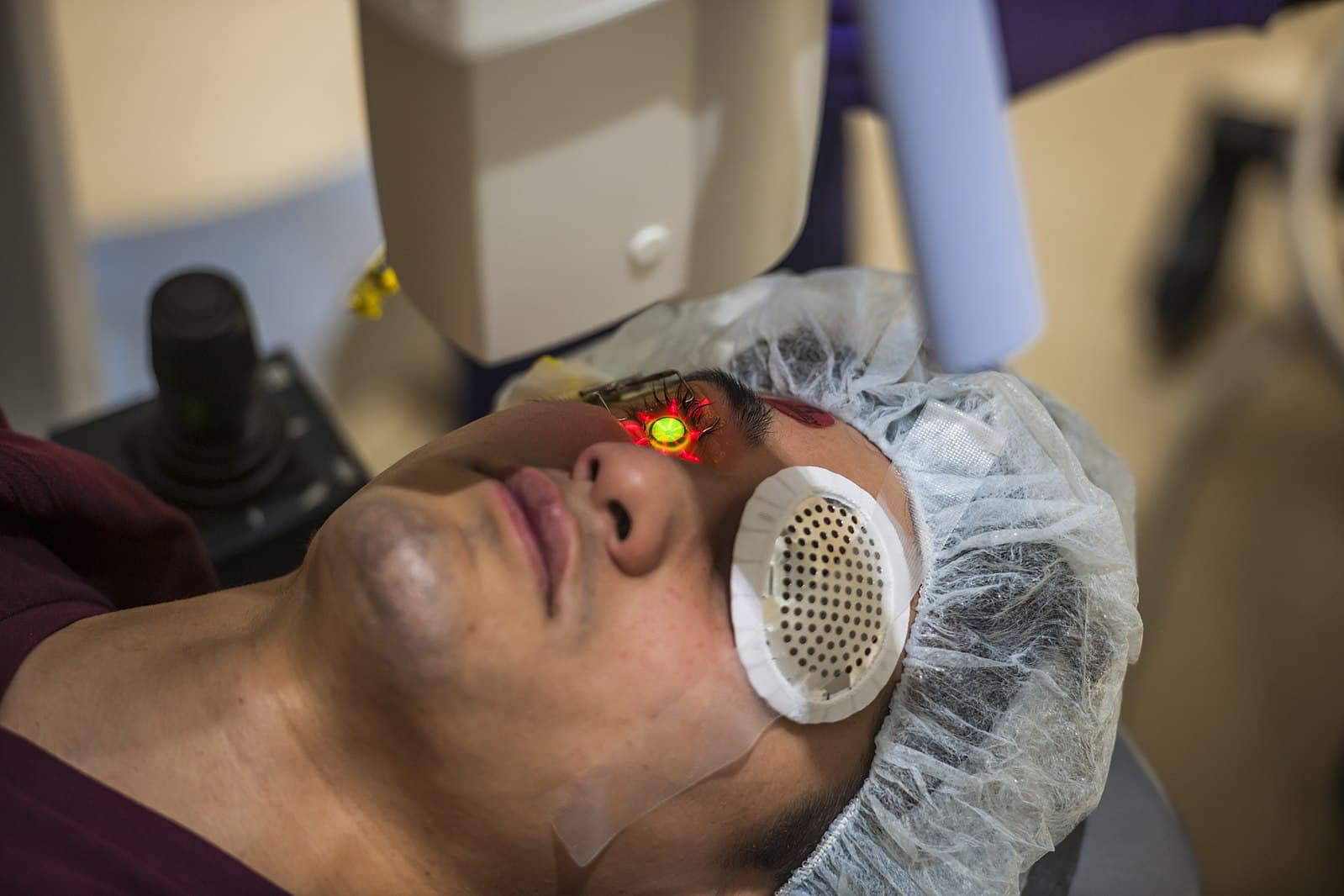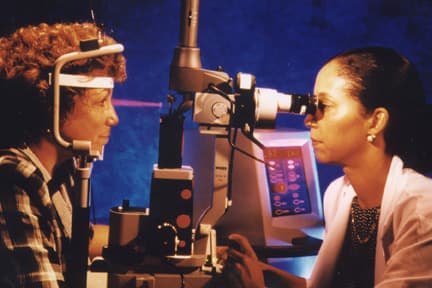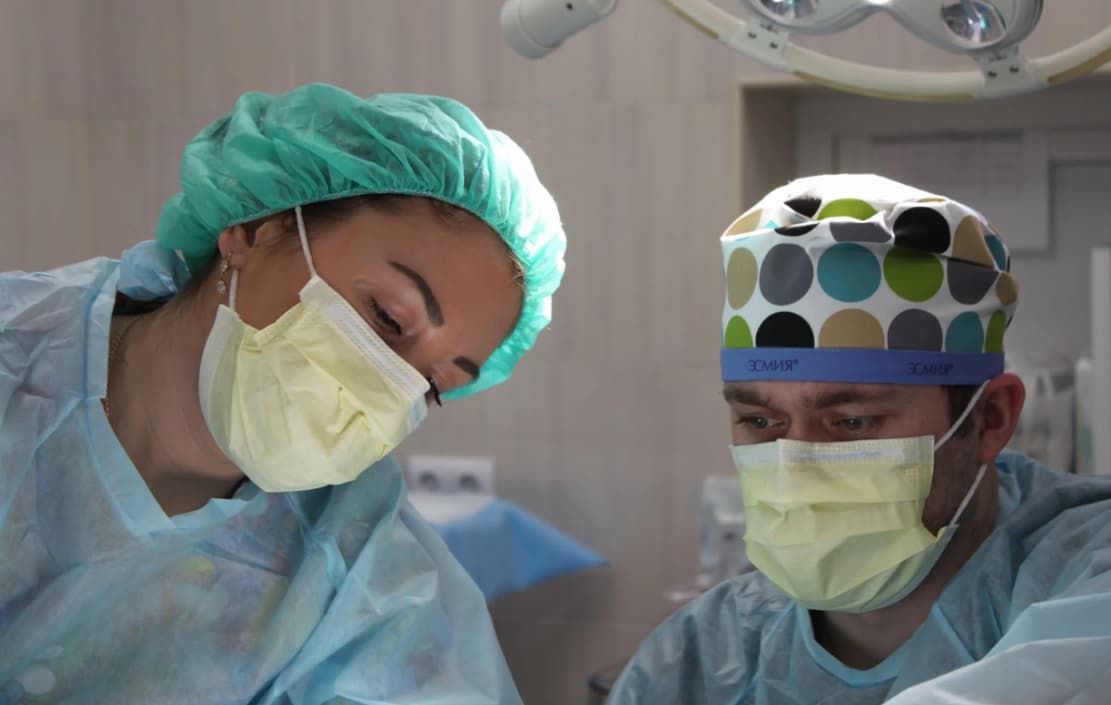LASIK eye surgery has transformed the way women experience vision correction, offering freedom from glasses and contacts. However, women’s unique life stages—pregnancy, menopause, and beyond—can influence the timing and suitability of this procedure. Understanding how these factors play a role ensures the best outcomes for your vision and lifestyle.
How Women Approach Laser Vision Correction
Women often consider LASIK eye surgery for its ability to provide clear vision without the need for glasses or contact lenses. For many, the motivation goes beyond convenience—whether it’s simplifying an active lifestyle, enhancing self-confidence, or reducing the long-term costs of corrective eyewear. LASIK offers a practical and empowering solution to improve day-to-day living.
However, women also approach LASIK with unique considerations. Hormonal changes throughout life can impact vision and eye health, which influences the timing of the procedure. For example, pregnancy, menopause, and even birth control use can cause temporary shifts in vision or increase the risk of dry eyes, both of which are important factors to address when planning for LASIK.
Choosing the right provider is crucial for ensuring the procedure meets individual needs and health concerns. For those seeking expert care, LASIK eye surgery in Albuquerque is an excellent option, offering comprehensive consultations tailored to women’s specific requirements.
By understanding how life stages and personal goals shape their decision, women can approach LASIK confidently and achieve optimal results.
LASIK and Pregnancy
Pregnancy brings a host of changes to a woman’s body, including hormonal shifts that can temporarily affect vision. These changes may cause symptoms such as blurry vision, dry eyes, or swelling in the cornea, which can impact LASIK results. For this reason, LASIK is not recommended during pregnancy or while breastfeeding, as fluctuating hormones can alter the stability of your prescription and hinder the healing process.
It’s also essential to consider that LASIK typically involves medications, such as eye drops, during recovery. Some of these medications may not be safe for use during pregnancy or breastfeeding, making it even more important to wait until these periods have passed.
Experts recommend postponing LASIK until at least a few months after breastfeeding ends to ensure that your vision has stabilized. This timing helps achieve the best surgical outcomes while safeguarding both maternal and child health.
At What Age Should I Get LASIK?
The ideal age for LASIK is typically between your early 20s and early 40s, when your vision prescription has stabilized. Most surgeons recommend waiting until at least age 21 to ensure your eyes have stopped developing and your prescription remains consistent for at least one year.
As you age, conditions like presbyopia (age-related farsightedness) or cataracts may affect your vision, making LASIK less effective in addressing your needs. While LASIK is not suitable for teens or individuals with progressing prescriptions, consulting with an eye doctor can help determine the best timing based on your unique vision and lifestyle.
LASIK and Menopause

Menopause can bring changes to your eyes, including an increased likelihood of dry eye syndrome. This condition occurs due to hormonal shifts that reduce tear production, making it a common concern for women considering LASIK during or after menopause. Since dry eyes can affect the healing process and post-surgery comfort, addressing this issue beforehand is essential.
An eye doctor can assess the severity of dryness and recommend treatments, such as artificial tears or prescription eye drops, to prepare your eyes for surgery. Additionally, other vision changes like fluctuating prescriptions or a higher risk of certain eye conditions (e.g., glaucoma or cataracts) may need evaluation.
While LASIK remains a viable option for women experiencing menopause, a thorough pre-surgery consultation is crucial. By managing dryness and other eye health factors, women can still achieve excellent results and enjoy the freedom of improved vision during this life stage.
What Are the Disadvantages of LASIK Eye Surgery?
While LASIK is a highly effective vision correction procedure, it does come with potential disadvantages. One common concern is dry eyes, a side effect that can persist for several weeks or months after surgery. Some patients may also experience issues with night vision, such as glare, halos, or difficulty driving in low-light conditions.
Although rare, there is a risk of under- or over-correction, where the desired vision improvement is not fully achieved, potentially requiring additional procedures. In some cases, individuals with thin corneas or pre-existing eye conditions may not be suitable candidates for LASIK, limiting its accessibility.
Finally, LASIK is not reversible, so it’s important to ensure your vision is stable and your eyes are healthy before undergoing the procedure. A thorough consultation with an experienced surgeon will help evaluate these risks and determine if LASIK is the right choice for your specific needs.
Conclusion
LASIK offers a life-changing opportunity for women to enjoy clear vision without the hassle of glasses or contacts. By understanding how different life stages, like pregnancy or menopause, affect eye health, you can make informed decisions about the timing and suitability of the procedure. While LASIK has its risks, thorough consultations with an experienced surgeon ensure personalized care and the best outcomes. Whether you’re motivated by convenience, aesthetics, or an active lifestyle, LASIK can be a safe and effective solution to enhance your vision and quality of life.



